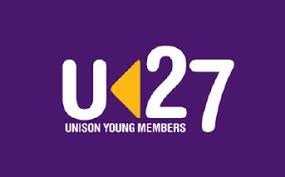
Building Confidence in Women, 2-3 March 2019
1 night residential at Novotel Hotel, Leeds
Cost to branch £150 per delegate
Building Confidence in Women, 6-7 July 2019 – places available
1 night residential at Novotel Hotel, Leeds
Cost to branch £150 per delegate
Everyday Living Everyday Numbers – 12 March 2019
Non-Residential at Commerce House, Leeds
Cost to branches: FREE
Pre-Retirement Workshop – 20 March 2019
Non-Residential at Commerce House, Leeds
Cost to branches: £10
Confidence Building (Power to be You) – 22 March 2019
Non-Residential at Commerce House, Leeds
Cost to branches: FREE
Assertiveness Habit – 25 April 2019
Non-Residential at Commerce House, Leeds
Cost to branches: FREE
Women’s Assertiveness
Assertiveness training offers a means of learning an invaluable set of communication skills, which helps us to express our opinions, needs, and feelings honestly and directly. The philosophy behind assertiveness training is expressly non-competitive and great care is taken to enable each participant to strengthen their self-esteem and prevent themselves being manipulated or exploited. The course is delivered in a friendly and relaxed atmosphere. You will leave the weekend with some useful techniques to be able to assert yourself in different situations.
“ The training has been really good, I now feel ready to assert myself. Both outside and at work. Thank you!”
Women’s Assertiveness, 22-23 June 2019 (places available)
1 night residential at Novotel Hotel, Leeds
Cost to branch £150 per delegate
Women’s Assertiveness, 26-27 October 2019 (places available)
1 night residential at Novotel Hotel, Leeds
Cost to branch £150 per delegate
If you would like to attend please email j.ward@shu.ac.uk.









